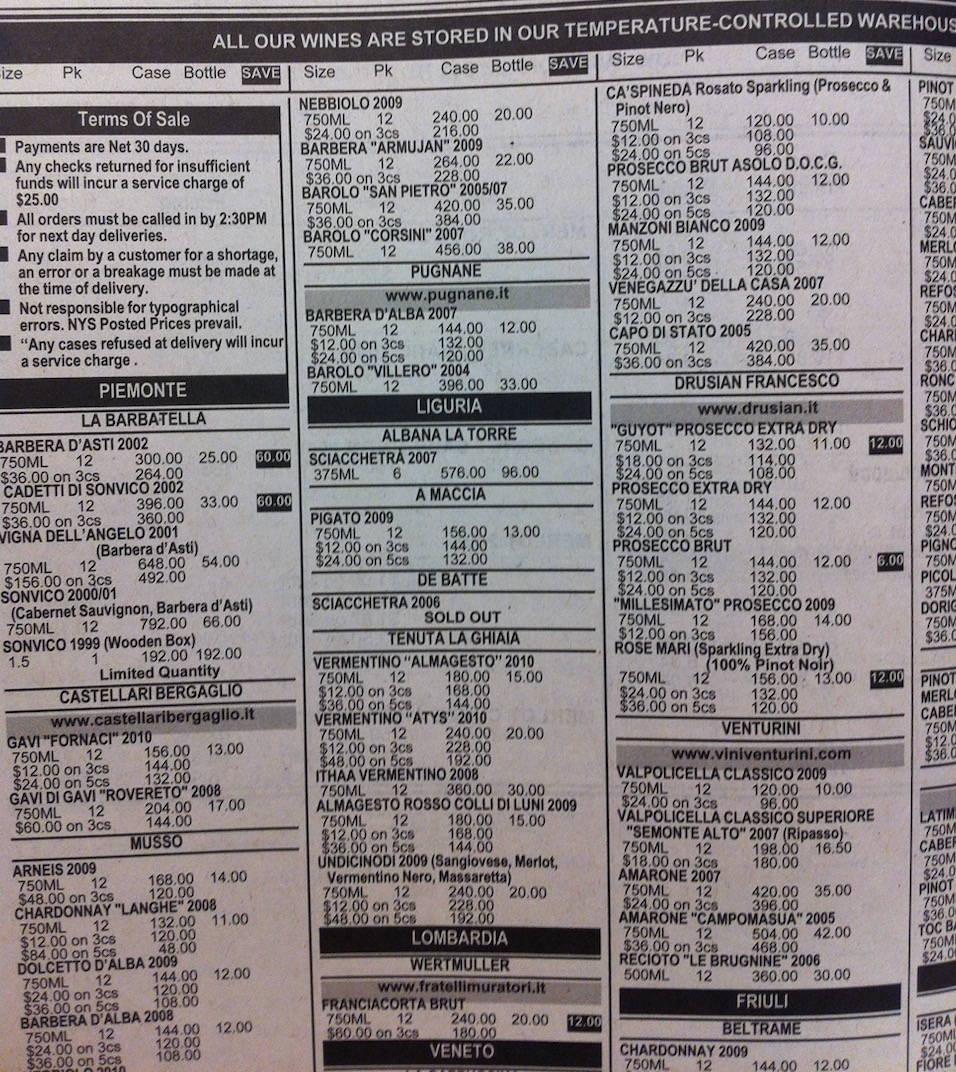SevenFifty
SevenFifty was acquired in 2022, and what follows is a description of the company when it was still under our management and an independent company, which is why it is written in the present tense.
SevenFifty is an online platform and marketplace modernizing the wholesale beverage alcohol industry, and is used by over 100,000 leading restaurants, bars, and retail stores across the United States; the majority of local wholesale distributors, from small boutique distributors to the top 10 wholesalers in the country; and leading producers and importers, from boutique wineries to multinationals.
SevenFifty has raised around $30 million from leading venture capitalists, including 8VC, and does 8 figures in annual revenue with over 100 employees. The company is headquartered in NYC but the team is spread around the country and had been shifting to remote work before it became commonplace. SevenFifty also operates SevenFifty Daily, an editorially independent, award-winning online magazine on the business and culture of drinks, written for industry professionals. SevenFifty is a highly interdisciplinary company, bringing together engineers, sommeliers, and other professional disciplines. Engineers at SevenFifty earn professional wine certificates; sommeliers learn SQL and work with schemas and data systems.
I co-founded SevenFifty with Aaron Sherman and Gianfranco Verga, friends with long backgrounds in hospitality and wine and spirits. My role was essentially that of a ‘technical co-CEO’: I led engineering, design, and product development, but also things like legal, fundraising, and investor relations at various points, and was heavily involved in all aspects of the company, including strategy, operations, business development, enterprise customer management, employee training, and more.
The wholesale beverage industry is by and large extremely antiquated, with the legal and regulatory frameworks as well as many business practices dating back to the repeal of Prohibition in the early 1930s. In some cases, this is because the data taxonomy or ontology in the area is quite complicated. SevenFifty marries a sophisticated data processing backbone to process the messy, incomplete, heterogeneous, unnormalized, often unstructured data pervasive in the industry with modern web-based software-as-a-service tools for beverage professionals in roles throughout the supply chain, from beverage managers at restaurants to sales reps at wholesalers to advertising and marketing teams at brands.
To get a sense of what the industry looked like before SevenFifty, here’s a picture of the “yellow pages” that has been used since Prohibition by professional beverage buyers to figure out where to get different products:

On top of some of the obvious problems with a book like this (no search), it was woefully incomplete in that many products were not listed at all, each distributor’s listings were completely different within the book itself, and such books don’t even exist in many markets across the US (this is one used in the NYC area). We eventually acquired this company and merged some of its assets into the platform.
Though different from consumer platforms, the scale of the beverage industry is significant: At any given time, SevenFifty lists around 100,000 distinct SKUs in active distribution in just the NYC area, and the market turns over frequently as vintages change and other non-vintage products are introduced or discontinued. The market is “locally monopolistic”: There is almost always a single company distributing a given product in a particular geographic area. There is, for example, only one company that distributes Grey Goose vodka in New York state; every retailer has to buy from the same company. In general, the wholesale market varies by zip code, in addition to the states operating essentially as separate countries with their own laws. Before SevenFifty, the industry operated largely on paper or out of basic Excel spreadsheets and it was prohibitively difficult for professionals to get a sense for what was going on or even where to buy things.
In some sense, SevenFifty aims to help effect a transformation of the industry into more of an “information industry,” much like how over the past few decades the financial services industry evolved from “guys yelling on the phone” and a purely relationship business to what it looks like today. Wine and spirits is a highly technical and data-heavy field, in addition to being one of the largest and oldest sectors in the economy. However, it is also deeply and fundamentally human in a way that many other areas are not; any modernization must be done with a genuine understanding of and fidelity to the history, people, and relationships in this subculture as well as the essential humanity of hospitality, food, and beverage and the role they play in civilization.